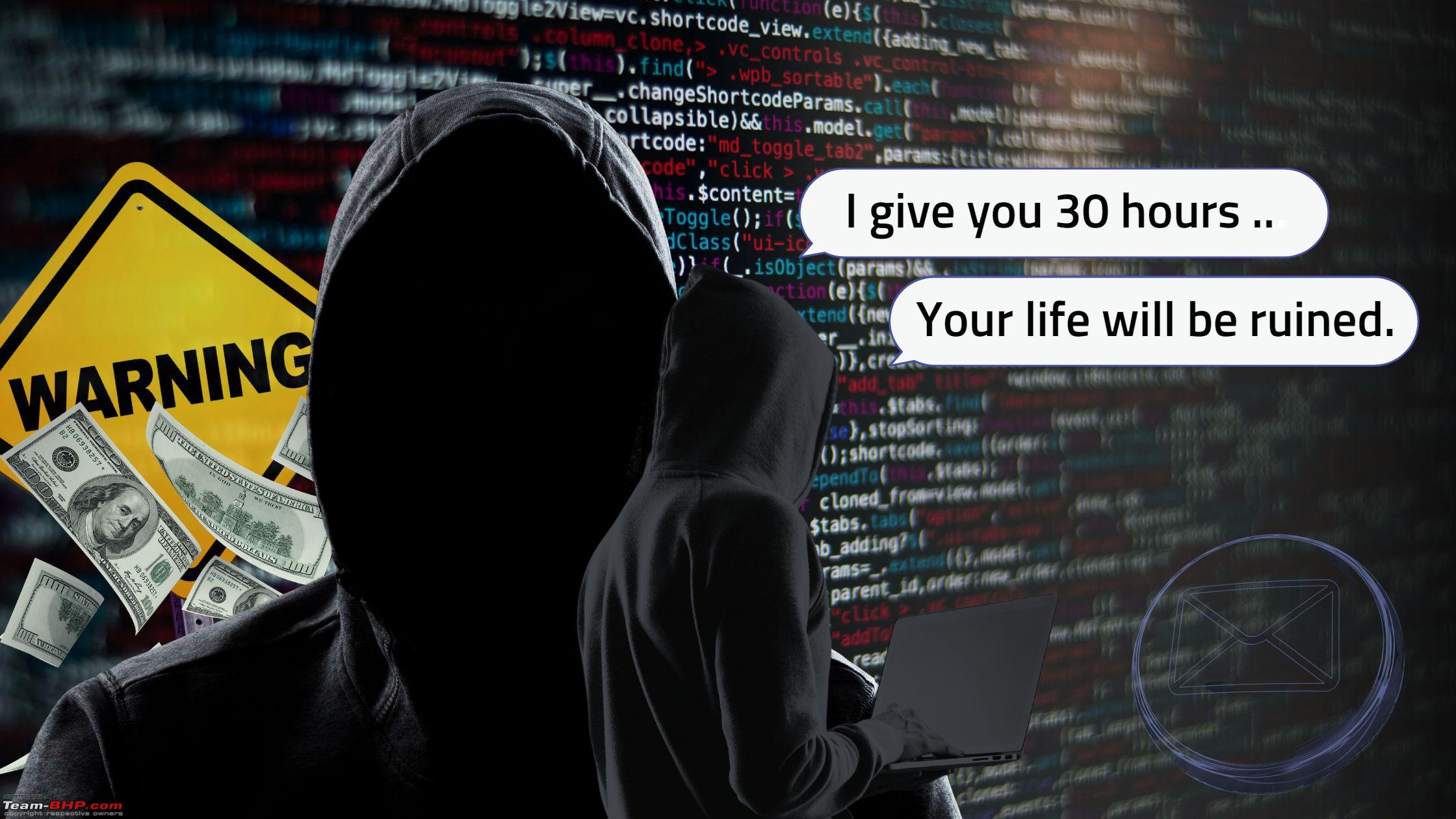The extortion scheme manifests as an email containing an attached PDF file. Upon opening this document, the recipient is confronted with an image of their residence, often accompanied by their personal address and phone number. The perpetrators assert that the individual has been observed engaging in inappropriate activities online and threaten to expose this information unless a monetary payment is made.
While similar sextortion methods have existed for several years, this recent variation has garnered increased scrutiny from law enforcement agencies nationwide. The use of PDFs in these communications adds a layer of intimidation, as they exploit the victims’ personal information to instill fear and compliance.

In one instance, two examples of the emails reviewed by Recorded Future News reveal an anonymous sender accusing the recipient of viewing adult content and threatening to disclose this information to their contacts unless a payment of approximately $2,000 in Bitcoin is made. The correspondence typically adopts a casual yet menacing tone, further heightening the sense of urgency and fear. One email even claims that the scammer utilized Pegasus spyware, a sophisticated surveillance tool generally reserved for governmental use, to monitor the victim’s online behavior.
Recent reports indicate that PDFs sent to two additional victims, who communicated with Recorded Future News, contained either the victim’s or a family member’s cell phone number and home address prominently displayed in the email subject line.
Although the FBI’s Internet Crime Complaint Center (IC3) has not provided specific insights regarding this emerging trend, law enforcement agencies, including the New York State Police and various police departments and sheriff’s offices across Washington, D.C., Florida, Alabama, and Washington state, have recently issued warnings to the public.
The Metropolitan Police Department in Washington, D.C., suspects that the scammers are utilizing images of victims’ residences sourced from Google Maps. Jeff Jockisch, co-founder of the privacy recovery technology firm ObscureIQ, noted that the inclusion of home photographs represents a significant escalation in the tactics employed by these scammers. He has received reports from four individuals who have fallen victim to this scam within the past week, advising that while the sextortion emails may appear alarming, they should generally be disregarded.
Recent reports indicate that PDFs sent to two additional victims, who communicated with Recorded Future News, contained either the victim’s or a family member’s cell phone number and home address prominently displayed in the email subject line.
Although the FBI’s Internet Crime Complaint Center (IC3) has not provided specific insights regarding this emerging trend, law enforcement agencies, including the New York State Police and various police departments and sheriff’s offices across Washington, D.C., Florida, Alabama, and Washington state, have recently issued warnings to the public.
The Metropolitan Police Department in Washington, D.C., suspects that the scammers are utilizing images of victims’ residences sourced from Google Maps. Jeff Jockisch, co-founder of the privacy recovery technology firm ObscureIQ, noted that the inclusion of home photographs represents a significant escalation in the tactics employed by these scammers. He has received reports from four individuals who have fallen victim to this scam within the past week, advising that while the sextortion emails may appear alarming, they should generally be disregarded.
Thank you for reading this post, don't forget to follow my whatsapp channel
Discover more from TechKelly
Subscribe to get the latest posts sent to your email.

